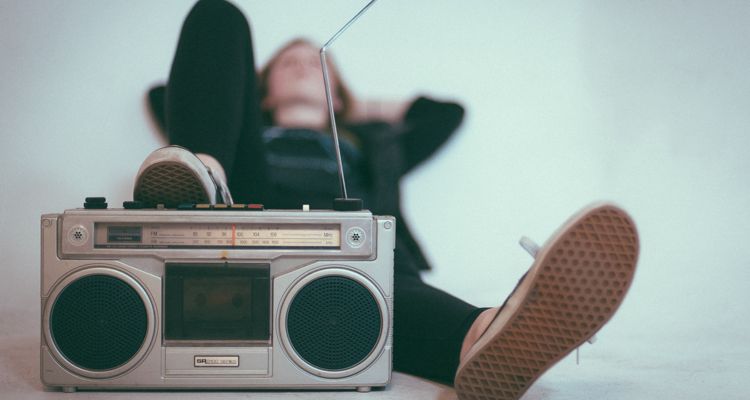Photo Credit: Eric Nopanen
Federal lawmakers have reintroduced the American Music Fairness Act, which would compel stateside terrestrial radio stations to begin coughing up royalties for the use of recordings.
This latest push to make the American Music Fairness Act law just recently came to light, including in a formal release from musicFIRST. Backed by the major labels, the latter organization intends “to end the broken status quo that allows AM/FM to use any song ever recorded without paying its performers a dime.”
And on this front, AM/FM radio stations in the U.S. have long paid for the use of underlying compositions – but not recordings themselves. The arrangement’s origins can be traced back to radio’s far-reaching promotional significance in the 20th century, when hosts themselves were often given cash to play certain tracks.
Of course, between the rise of the internet and the advent of streaming, much has changed since then. But traditional radio is still decidedly popular in the States and elsewhere – though European stations pay for the use of recordings, it bears mentioning – and broadcasters are for obvious reasons working to keep the existing compensation framework in place.
Enter the American Music Fairness Act, which musicFIRST says would “rectify this injustice by requiring that artists and music creators be paid a performance royalty for the use of their songs on AM/FM radio.”
Identical versions of the bipartisan bill have been reintroduced in the Senate (by Senators Alex Padilla and Marsha Blackburn) and in the House (by Representatives Darrell Issa and Jerry Nadler). Additionally, Senators Dianne Feinstein and Thom Tillis (who last year introduced the SMART Copyright Act) and Representatives Tom McClintock and Ted Lieu have signed on as cosponsors.
Notwithstanding these points, the American Music Fairness Act’s December approval in the House Judiciary Committee, and the comprehensive music industry support behind the bill, the legislation’s path forward is unclear.
To be sure, the American Music Fairness Act failed to cross the finish line in 2021 (which brought a high-profile press conference to unveil the measure) and last year. Meanwhile, the aforementioned Representative Nadler and Senator Blackburn in 2019 introduced the Ask Musicians for Music Act, which states that “the radio station shall obtain the express authority of the copyright owner of that sound recording” before playing the work.
That legislation, abbreviated as the AM/FM Act, remains stuck in committee. 2022 likewise saw the National Association of Broadcasters (NAB) again garner majority support for its Local Radio Freedom Act, which simply opposes the imposition of “any new performance fee, tax, royalty, or other charge” on local stations, in the House.
Responding to this majority support, musicFIRST chairman (and former congressman) Joe Crowley at the time downplayed the “meaningless accomplishment” and noted that four easily swayed lawmakers had cosponsored both the American Music Fairness Act and the Local Radio Freedom Act.

